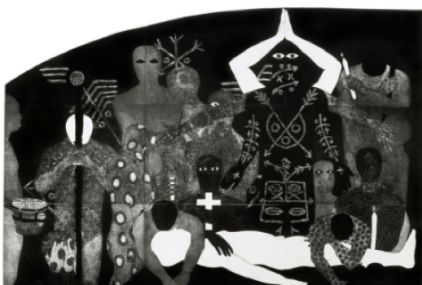How sexual politics intersect with a shifting global landscape
SPW republishes the article “Reflecting on 2011 events: scattered notes on how sexual politics intersect with a shifting global landscape“, written by Sonia Corrêa, who

Reviews of the National Geographic’s special issue Gender Revolution
Originally posted at TGEU, on Feb 8, 2017. Available here. This is a review of some of the European editions of the National Geographic Special

Call for Papers: Gender and New Wars
This workshop will bring together key scholars working across different disciplines in order to examine how gender is constructed in new wars and the consequences and/or advantages of new gender relations. It seeks to bring together emerging work on the formation, contestation and transformation of gender relations in new wars.

Articles and analysis on BRICS
How relevant is BRICS today? – AlJazeera BRICS fantasies and unintended revelations – Pambazuka

Partner for Law in Development’s newsletter
Here is the latest edition (Vol. 9 (IV) July- August 2016) of our bi-monthly newsletter – covering significant UN updates, international events, national judgments and policy related developments relating to gender, sexuality and culture that took place in the months of July and August.

The New Development Bank – Did it backfire?
There might be many reasons, but the main one is the unconditional defense of the radicalization of democracy and the promotion of human rights, both in Brazil and abroad. What does that have to do with BRICS?

Did an Anti-LGBT Panic Help Defeat Colombia’s Peace Deal?
Read the full article on American Quarterly When thousands of Colombians protested on August 10 to demand the resignation of the country’s openly gay education

Africa, homophobia and Western hypocrisy
Listening carefully to the at times homophobic and hateful commentary about homosexuality among Africans, a social critique of the international community and the local elite is heard. Dislike of homosexuality is used to protest at the levels of inequality and how corrupt African leaders continue to be supported by the West. The white savior complex ruins rather than helps the cause of LGBTI rights in Africa.

Sex work at the Olympics Games: report
Originally from Prostitution Policy Watch ——————- Once again, Rio de Janeiro has hosted a sporting mega-event, this time the 2016 Olympic and Paralympic Games. And once
Emerging Powers, Sexuality and Human Rights at the AWID Forum
The session examined how the geopolitical shifts implied in the articulation of these global South countries in new blocs, especially the BRICS, has generated expectations that this emergence of “powers from the South” would eventually open up space for new platforms for the political work on sexuality, gender and human rights, that would not be caught by overlapping North-South tensions (or post-colonial effects) that perennially cross these fields of debate.


